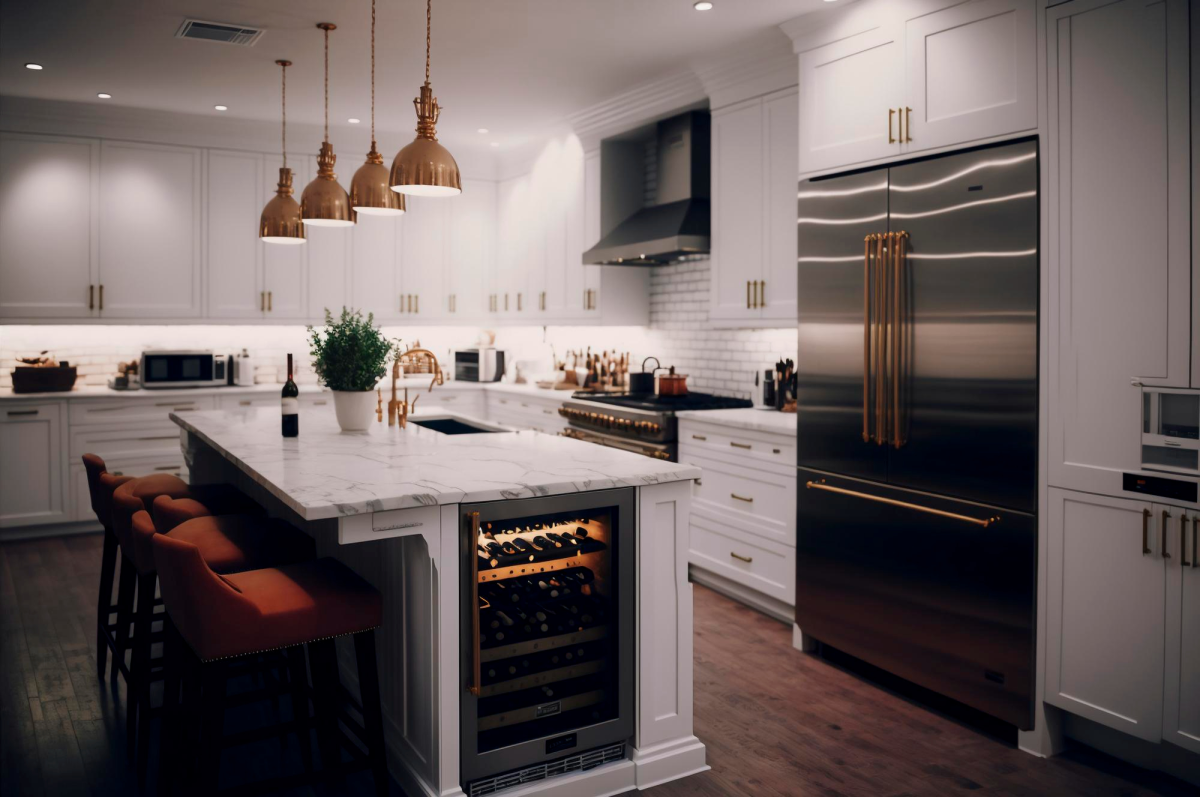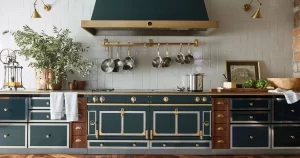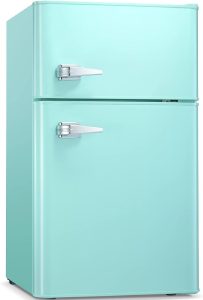Do high end appliances last longer?
Introduction:
When investing in kitchen appliances, longevity and durability are crucial considerations. High-end appliances often come with a heftier price tag, leading many to wonder if they truly last longer than their more affordable counterparts. In this article, we will explore the relationship between high-end appliances and longevity, examining factors such as build quality, materials, technology, and customer satisfaction. By understanding these factors, you can make an informed decision about whether high-end appliances are worth the investment in terms of their longevity.

Do high end appliances last longer?
Build Quality and Materials:
a. Superior Craftsmanship: High-end appliances are often crafted with superior attention to detail and a focus on quality. These appliances are built to last, with manufacturers using premium materials and techniques to ensure their durability. The rigorous manufacturing processes and stringent quality control measures employed by high-end brands contribute to the longevity of their appliances.
b. High-Quality Materials: High-end appliances typically incorporate high-quality materials that are resistant to wear and tear. Stainless steel, for example, is a common material used in high-end appliances due to its durability and resistance to corrosion. The use of such materials enhances the longevity of these appliances compared to those made with lower-grade materials.
c. Reliable Components: High-end appliances often feature top-of-the-line components and technologies. From robust motors to advanced heating elements, the quality and reliability of these components contribute to the longevity and performance of the appliances.
Advanced Technology and Innovation:
a. Enhanced Performance: High-end appliances often feature advanced technology and innovative features that improve their performance. For example, refrigerators with superior insulation and temperature control systems can prevent food spoilage and prolong the lifespan of perishables. Similarly, ovens with precise temperature control and heat distribution ensure optimal cooking results and reduce the risk of overheating or undercooking.
b. Energy Efficiency: Many high-end appliances prioritize energy efficiency, which not only helps reduce electricity consumption but also extends the lifespan of the appliance. Energy-efficient components, such as inverter motors or LED lighting, generate less heat and put less strain on the appliance, resulting in a longer lifespan.
c. Smart Diagnostics and Maintenance: Some high-end appliances feature smart diagnostics and maintenance capabilities. These technologies allow appliances to detect and diagnose issues early on, enabling timely repairs and preventive maintenance. By addressing problems promptly, potential damages or malfunctions can be mitigated, leading to increased longevity.
Customer Satisfaction and Warranty Coverage:
a. Brand Reputation: High-end appliance brands often have a strong reputation for quality and reliability. These brands have invested substantial resources in research and development to deliver exceptional products. Positive customer experiences and long-standing brand reputations are indicators of the longevity and durability of high-end appliances.
b. Warranty Coverage: High-end appliances typically come with extended warranty coverage compared to their more affordable counterparts. The longer warranty periods provided by manufacturers reflect their confidence in the durability and longevity of their appliances. Having comprehensive warranty coverage can provide peace of mind and protection against potential defects or malfunctions.
Proper Care and Maintenance:
a. Regular Maintenance: Regardless of the price or brand, proper care and maintenance are essential for the longevity of any appliance. Regular cleaning, servicing, and adherence to manufacturer guidelines can significantly extend the lifespan of any appliance, including high-end ones.
b. Professional Servicing: High-end appliances often require specialized servicing and repairs, and it is crucial to engage professionals who are experienced with these appliances. Regular servicing by qualified technicians ensures that the appliances are maintained according to the manufacturer’s specifications, prolonging their lifespan.
Overall Value and Ownership Experience:
a. Cost Considerations: While high-end appliances may come with a higher upfront cost, their longevity and durability can justify the investment over time. By lasting longer and requiring fewer repairs or replacements, high-end appliances can provide better long-term value compared to their cheaper counterparts.
b. Enhanced Ownership Experience: High-end appliances often offer a more enjoyable ownership experience. From user-friendly interfaces to advanced features, these appliances can enhance convenience and efficiency in the kitchen. This improved experience can make the investment in high-end appliances more worthwhile and satisfying.
Conclusion:
While there is no guarantee that high-end appliances will last longer than their more affordable counterparts, several factors suggest that they have a higher likelihood of doing so. The superior build quality, high-quality materials, advanced technology, and innovative features of high-end appliances contribute to their longevity. Positive customer experiences, extended warranty coverage, and brand reputation further support the durability of these appliances. However, it is important to note that proper care and maintenance are essential for any appliance’s longevity, regardless of its price or brand. By following manufacturer guidelines, engaging in regular servicing, and providing proper maintenance, you can maximize the lifespan of your appliances, including high-end ones. Ultimately, the decision to invest in high-end appliances should be based on personal preferences, individual needs, and the value proposition of these appliances in terms of longevity, performance, and overall ownership experience.

